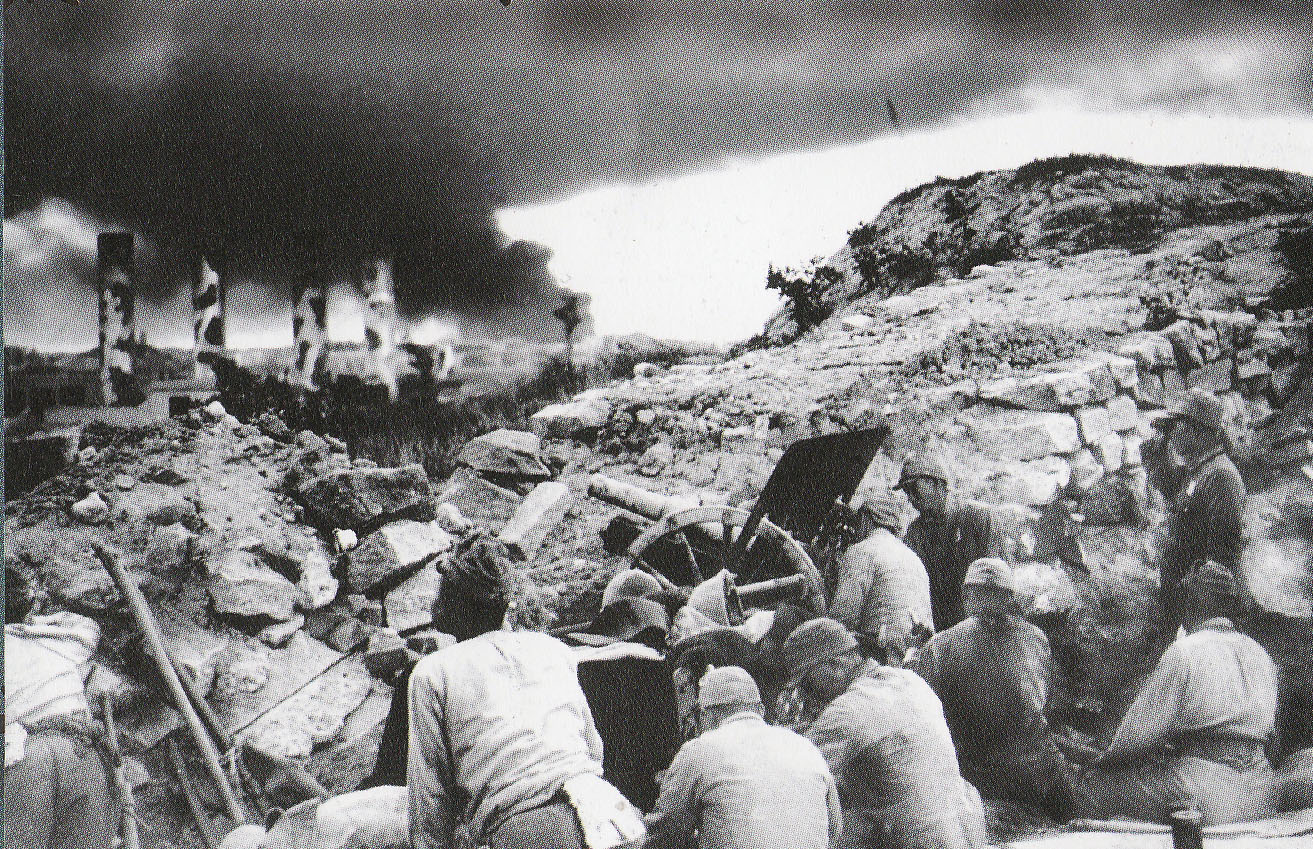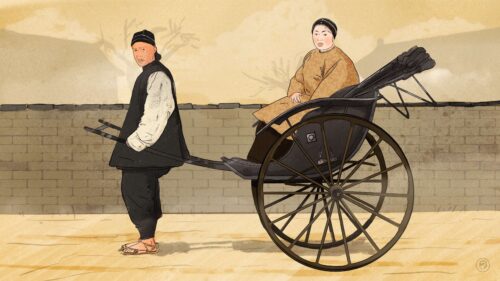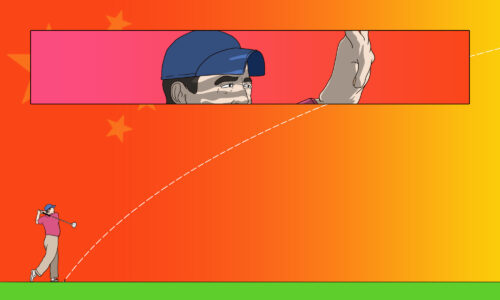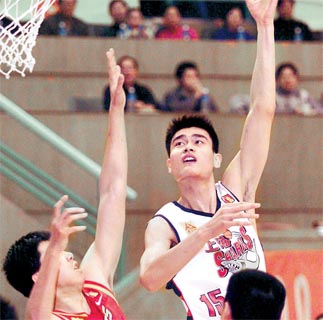This is book No. 32 on Paul French’s Ultimate China Bookshelf.
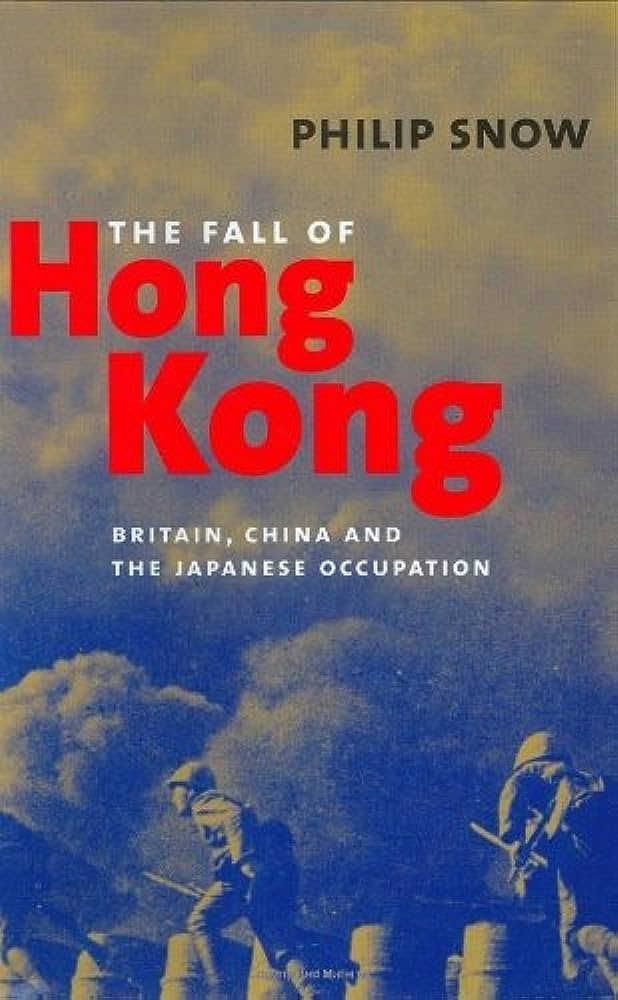
Blurbs:
“Snow’s book subverts and complicates all our known ideas of this period. Hong Kong could have been defended more effectively.”
—The Independent
“The amount of work involved, and the clarity of mind Snow brings to his storytelling and contextualizing, are amazing.”
—John Lanchester, The Daily Telegraph
“While marshalling an exciting narrative out of mostly first-hand sources, Philip Snow makes one great point: British rule in Hong Kong never recovered from the four-year Japanese occupation. The conquerors, brutal though they were, used their newspapers to condemn colonial rule and its relegation of almost all Chinese and other ethnic groups to subservient positions.”
—Jonathan Mirsky, The Literary Review
“Making use of an unprecedented wide range of sources from many countries, Snow reveals what really happened in that particular decade: the abandonment of the British by the Chinese during the invasion; the acquiescence of the Asian upper class in the Japanese takeover due to fear and benefits; the vicious cruelty of the Japanese troops to the Chinese people; and the post-war British decision to draw a veil over the occupation’s gloomier aspects.”
—Pui Yan Lam, Hong Kong Polytechnic University
About the author:
Philip Snow is a Sinologist (first-class degree in Chinese) educated at Oxford University, and the son of the writers C.P. Snow and Pamela Hansford Johnson. He has traveled extensively in Russia and China since the 1960s, and has lived in Hong Kong since 1994. An expert in China’s international relations, he is the author of The Star Raft: China’s Encounter with Africa, and a new history of the Russia-China relationship, Russia and China: Four Centuries of Conflict and Concord, as well as The Fall of Hong Kong.
The book in 150 words:
In writing his gripping and insightful day-by-day account of the fall of Hong Kong on Christmas Day 1941 to the Japanese, Snow draws on what, at the time, was an unprecedented range of sources to look at the errors in British strategy and tactics in failing to successfully defend the colony. He also considers such revisionist historical issues as the widespread desertion of the British by Chinese personnel during the invasion; the acquiescence of the Asian upper class in the Japanese takeover; the vicious cruelty of the Japanese conquerors toward the Chinese masses; and the post-war British decision to draw a veil over the occupation’s murkier aspects.
Your free takeaways:
This book represents an attempt to move forward a little by offering a rounded picture of wartime Hong Kong from the viewpoint of all the communities — not just the British but also the Chinese and the various Asian minority groups. Even the Japanese, to the extent that some documents recently published in Japan have made it possible to explore the dissensions among them.
By Christmas Eve Hong Kong was a “sea of fire.” The Japanese regiments assigned to mop up the western half of the island had pushed their way into the urban area as far as the Wanchai district. One Canadian officer wrote that “half the world around us seemed dead or dying.”
These new British rulers now set about expunging the traces of their Japanese predecessors as quickly and thoroughly as the Japanese had wiped out the vestiges of the pre-war British regime. One by one all the trappings of Japanese overlordship were removed. On September 2 the Rising Sun flag was hauled down from Admiralty House.
But even this was not the end of the task that confronted the British in the autumn of 1945. In addition to reconstituting a pliant elite they also had to satisfy the expectations of the Hong Kong Chinese masses. In the first place the masses were hungry for revenge on their wartime tormentors.
Why this book should be on your China bookshelf:
It’s always hard to decide what really is a “definitive account” (as publisher blurbs like to say), but, to date, Snow’s appears to be it for this topic. Doubtless some new account, looking at new angles and perhaps with access to additional documents, may appear in the future, but for now we have Snow’s The Fall of Hong Kong. What may surprise many, particularly those familiar with reading military history, is that Snow does not over-labor the book with battle details and minutiae. He is not, unlike many who have written about the fight for Hong Kong in December 1941, a military man, and is not so obsessed with second-guessing his fellow war practitioners.
It may also surprise some readers that the book is essentially divided into two halves, with the second half being a discussion of Hong Kong post-August 1945 and the Japanese surrender. Again, this differentiates The Fall of Hong Kong in that it is arguably more interested in how the British reasserted control and then continued to govern the colony for another 52 years (until the handover) than it is in the reasons for the military collapse. Additionally, what the feelings of the “Chinese masses” in Hong Kong and the colony’s elites (British, Eurasian, Chinese, and other) were. Lastly, there is the consideration of the world’s latest Great Power in 1945, the United States — not a country Great Britain had to consult much with when it came to Hong Kong and southern China policy previously.
Reviewing the book for the Daily Telegraph in 2003 upon publication, John Lanchester (himself brought up in Hong Kong and author, the year before, of the novel Fragrant Harbour, about 1930s Hong Kong) titled his view, “How We (the UK) Held on to Hong Kong.” Lanchester noted the immensity of events in December 1941 — the first fall of a British colony since Yorktown in 1791, no less! Lanchester then highlights the key points in Snow’s book that made it revelatory:
- Britain tried to defend the colony with 12,000 troops (mostly actually Australian and Canadian). They could have raised an additional 75,000 men – a force that might have successfully resisted the Japanese, but those men would have been Chinese and the British refused to arm them; they simply didn’t trust them.
- The Japanese were of course famously cruel in Hong Kong, both to the local population and the foreigners in the Stanley Internment Camp. However, documents procured by Snow from Tokyo tell of deep divisions within the Japanese command over this cruelty, with many seeing it as counterproductive to winning hearts and minds.
- The British refused offers to repatriate their nationals interned because they wanted the bureaucratic corps in place at the end of the war to resume control of the colonial administration. Americans were luckier and were repatriated. This later rankled the families of those who died in Stanley.
- America was opposed to the British simply resuming colonial control of Hong Kong. Franklin Delano Roosevelt himself proposed Hong Kong become a free port (remember, this is in light of the 1943 return of the foreign concessions in China in Shanghai and elsewhere to Nationalist Chinese control).
- Both the Nationalists and the Communists amazingly appear to have accepted, and even wanted (according to Snow’s research), the British to resume control. Both, it seems, preferred the British running Hong Kong to each other in the midst of the renewed civil war.
The keen-eyed among you, or perhaps the rolling-eyed, will note that at no point were the people of Hong Kong asked their opinion about who should run the territory and what their position should be vis-à-vis Britain or mainland China. In this sense, perhaps Snow’s retelling of the wartime experience is still apposite in terms of understanding the contemporary scene in Hong Kong.
Next time:
And so, inexorably, we move toward the momentous year of 1997 — momentous for the Chinese Communist Party’s legitimacy and ability to deliver on its promises, as well as momentous for Great Britain, a final act of imperial decline. There are surprisingly few books, and even fewer good ones, on the “Handover” of 1997, the run-up to it, the negotiations, the rancor, the politicking in London and Beijing, and just what the world, in its pre-1997 days, thought would happen to Hong Kong the day after the Union Jack came down. One book stood out, though.
